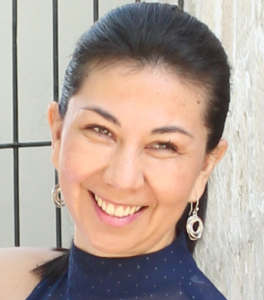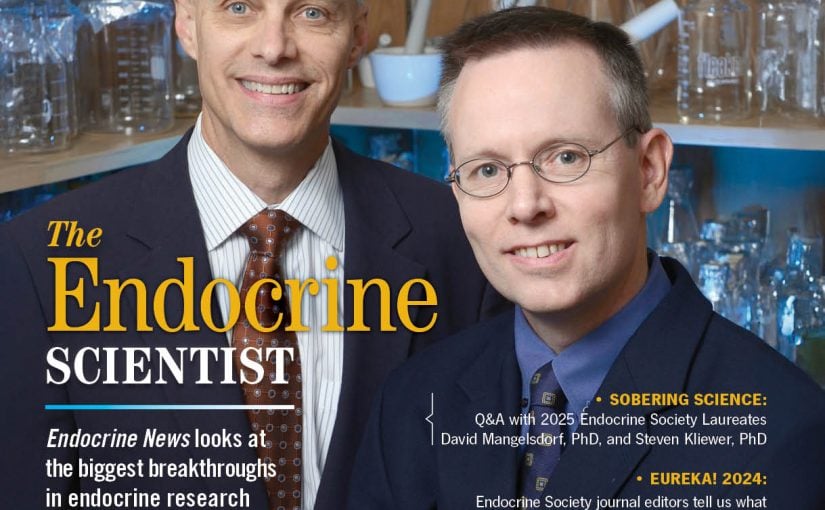When researchers and clinicians get to a certain stage in their careers, often their momentum can grow somewhat stagnant. Their education and much of their training is already behind them so the future can be somewhat uncertain. At this stage in many careers, it is time to assume a leadership role. However, for endocrinology professionals, that path may not always be so clear.

The Endocrine Society’s new international initiative, the Global Leadership Academy will provide a helpful guide for these professionals. It will premiere Friday, March 31 in the Orange County Convention Center the day before ENDO 2017 officially gets under way in Orlando.
The Endocrine Society’s Global Leadership Academy was created to provide formal professional leadership training for endocrinology scientists and practitioners who have reached this uneasy juncture in their careers. Made possible by the sponsorship of Sanofi Peru, this program is geared to those professionals who have completed between five and 10 years of professional training so that young endocrinologists may have the opportunity to improve their “soft skills” that will contribute to their academic and scientific development, according to Cecilia Medina, MD, medical director, Sanofi Peru, who says that “the limited access to such integral initiatives in Peru” inspired the company to play a role in launching the Global Leadership Academy.
- Provide leadership training for the professional growth mid-career members;
- Ensure a rich and diverse pipeline of future leaders in endocrinology; and
- Build a global network of leaders in endocrine research and practice that will serve as ambassadors of the field.
Medina adds that leadership skills for young endocrinologists are important because they “have a key role as leaders of multidisciplinary teams in charge of the management of endocrine diseases. Teams working together need someone who knows how to lead the ship to a good harbor.”
The funding from Sanofi Peru will be used for the one-day launch workshop on March 31 and will host a cohort of approximately 40 promising future endocrinology leaders. Roughly half of the participants will be from Peru, all chosen by the sponsor, with the rest from around the world who were chosen by various partner societies. Special consideration will be given to candidates who have never attended ENDO.
The Academy’s goal is to create effective leaders at these professionals’ institutions as well as in other organizations around the world. Medina hopes that the young endocrinologists who take part in the program will not only gain new insight, but will be able to pass along their knowledge to their peers and become the next generation of thought leaders.

